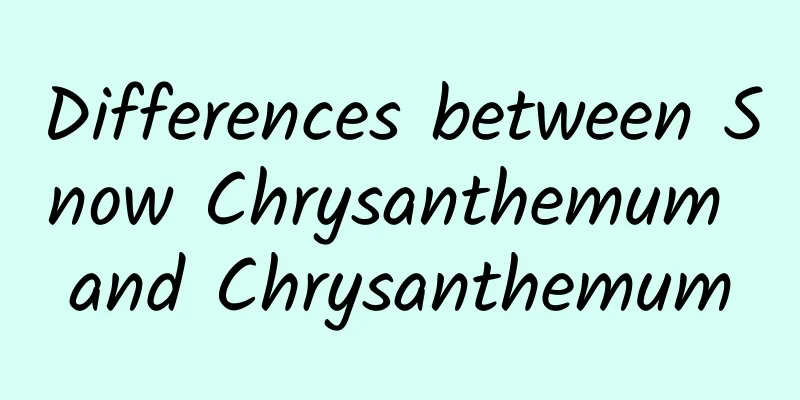Causes of weight loss after gallbladder removal

|
Cholecystectomy is the surgical removal of the gallbladder and is a common treatment for symptomatic gallstones and other gallbladder diseases. Surgical options include the standard procedure, also known as laparoscopic cholecystectomy, and the older, more invasive procedure called open cholecystectomy. Surgery can cause post-cholecystectomy syndrome. Some patients become emaciated after having their gallbladder removed. Is this a manifestation of post-cholecystectomy syndrome? The liver is the largest digestive gland in the human body, secreting a lot of digestive juices. It plays an important role in the digestion of food, especially the digestion of fat. Digestive juices secreted by the liver are excreted through the gallbladder. In addition, the common bile duct and the pancreatic duct share the same opening, and removing the gallbladder may affect the discharge of pancreatic juice secreted by the pancreas. Pancreatic juice contains important digestive enzymes that digest fat in food. To sum up, since the gallbladder was removed during surgery, the digestion and absorption of fat is affected, resulting in weight loss. If fat is not digested and absorbed, it will be broken down by intestinal bacteria in the intestines and cause diarrhea. It is recommended to eat small meals frequently and control the intake of lipids. Pay attention to nutrition after cholecystectomy as the body gradually undergoes some compensatory changes to adapt to the needs of digestion. During this period of compensation and adaptation, the function of digesting and absorbing fat will be temporarily affected to a certain extent. In order to adapt to this change more quickly, people who have had their gallbladder removed should appropriately limit the amount of fat they eat (the so-called low-fat diet), and it is especially not advisable to eat too much animal fat food (such as fat meat, pig's trotters, pig's feet, cream, etc.) at one time. After 2 months, depending on your body's response to fatty foods, gradually increase the amount of fatty foods until you maintain your normal amount. If you feel uncomfortable or have diarrhea, reduce the amount of fatty food you eat or temporarily stop eating for a few days. It is necessary to increase the intake of protein-rich foods to meet the needs of human metabolism, such as lean meat, aquatic products, soy products, etc. Eat more foods rich in dietary fiber and vitamins, such as fresh fruits and vegetables. Develop a habit of eating regularly and eating small, frequent meals to accommodate the physiological changes after cholecystectomy. The symptoms of indigestion will last for about half a year. As time goes by, the common bile duct will gradually expand and partially replace the function of the gallbladder, and the symptoms of indigestion will gradually ease. At this time, the diet can gradually transition to normal. 2. After cholecystectomy, maintain an optimistic attitude towards life and avoid negative emotions such as anxiety and depression. Within two or three months after surgery, you can engage in activities such as walking to promote your body's recovery. |
<<: Bloating after gallbladder removal
>>: Which acupoints should be massaged for gallbladder pain
Recommend
Why do I have a stomachache after drinking alcohol?
Drinking is a common behavior. Different types of...
What are the precautions for osteoarthritis?
Osteoarthritis is a problem that is often easily ...
How to make the glans penis less sensitive
The male glans is a very important part of the ma...
Chronic obstructive pulmonary emphysema
Many elderly people suffer from chronic obstructi...
A protrusion under the Adam's apple
We all know that a man's Adam's apple is ...
Effects and side effects of dried toad skin
Toads are what we call toads in the countryside. ...
How long does it take for milk to come out after the milk is sucked out?
For women in lactation period, when the milk in t...
What are the reasons for diarrhea after taking Chinese medicine?
Diarrhea after taking Chinese medicine is a commo...
Dark brown menstrual flow
The menstruation of normal women is regular, once...
How to treat tinea cruris
The hot summer has arrived, but the weather is no...
What to do if you feel tired during pregnancy?
Pregnancy is a very difficult thing. Not only do ...
6 months pregnant vaginal pain
We attribute the vaginal pain of ordinary women t...
How big is the baby at 7 months of pregnancy
Mothers are very concerned about every stage of t...
What is the reason for missing menstruation? Four reasons need to be paid attention to
In life, when people face the situation of delaye...
How long does it take to do thread carving for the second time?
In order to make the facial lines more three-dime...









